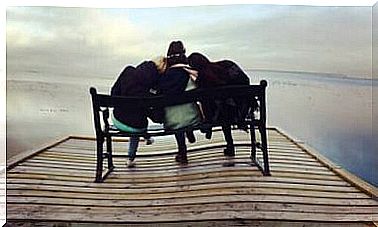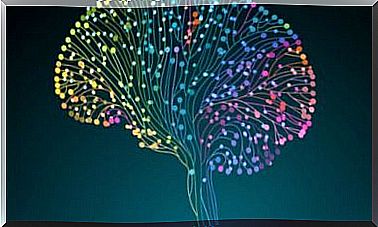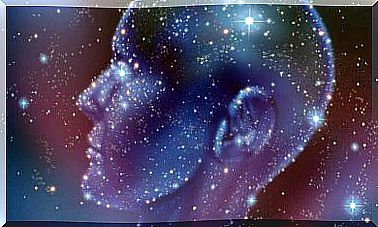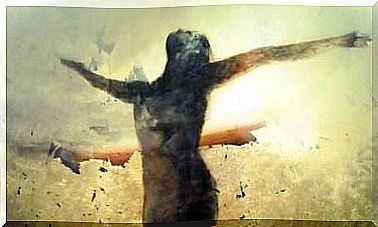The 7 Best Phrases Of Ortega Y Gasset

Ortega y Gasset’s sentences invite us to reflect and question ourselves. They are a real gift for those who wish to deepen their thoughts through metaphor and ingenious sentences. Ortega y Gasset (1883-1955) was a Spanish philosopher and writer linked to the theory of perspectivism, ratiovitalism and the movement of cultural and artistic renewal against modernism, known as noucentism.
His reasoning has had a great influence on many generations of intellectuals. Moreover, he was not only a brilliant disseminator as he actually delved into a wide variety of fields of knowledge, among them philosophy, art and literature. His style is considered elegant and original, especially his philosophical discourse. Evidence of this are his works like The Theme of Our Time (1923) or The Revolt of the Masses (1929) . To get to know him a little more in depth, let’s analyze some of his sentences.
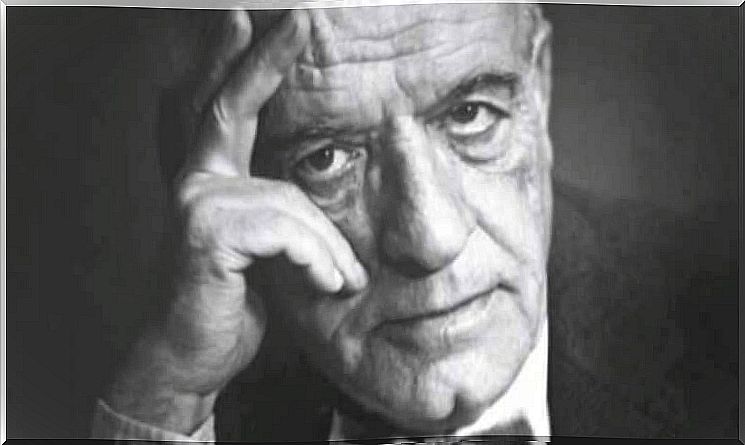
The path of oneself
This is one of Ortega y Gasset’s most valuable phrases. Destiny is neither a place, nor a job, nor a moment. It is not the path to our dreams, but the reconciliation with ourselves. This is the exact point at which we reconnect with our true essence.
Sometimes we forget that the most important thing is not outside, but inside each of us. We forget that it is not worth getting what we have longed for, to have the “life of our dreams” if then we do not accompany each other … Maybe sometimes we reverse the order and prioritize -we the external objectives by thinking that in the future a moment will come to know us. So we forget the essential: to reach for ourselves.
The value of errors
A mistake is a source of learning, an opportunity to improve what at one point has not been successful for us. A treasure, as Ortega y Gasset expresses it, filled with wisdom.
Change and growth are built on our mistakes. We must therefore learn to see them. Mistakes are human, we all make them. It is almost impossible to part with it. In fact, we cannot control them because we are not perfect. What we can choose, however, is the attitude we adopt to confront them.
Mistakes are great teachers. We must therefore give this attitude the opportunity. The errors indicate to us the paths which we must abandon or for which we must improve the strategy. There is a whole world to be deciphered from the errors, in reality they all contain a challenge.

The construction of reality
One of Ortega y Gasset’s phrases to remember in our conversations with others is this. Each person creates a world, his world and from it, he filters everything that is in his surroundings. This is where many misunderstandings arise. This is why it is sometimes so difficult to understand each other.
What is good and rewarding about our relationships, however, is appreciating the nuances that are in each perspective, in each of the points of view that surround us. The magic is this. This is the mystery. It is a reality which is multiplying and which depends on the eyes of those who look at it.
Plan and think in perspective to move forward
Ortega y Gasset understood it well: moving forward implies thinking big and believing in the impossible. If we restrict our thoughts, our dreams will be reduced to a lesser extent.
When it comes to projects, challenges, and goals, the word impossible should be in the list of words we don’t use. Because if we reduce our field of vision, it is normal that we do not manage to achieve what we want. There is a whole world of possibilities, you just have to find a way to use them; that is the challenge.

Learn to doubt
Another of Ortega y Gasset’s phrases that is worth remembering in our time is this, especially in the educational field. If we are to deal with adults who are free and able to make their own decisions, teaching to doubt is essential.
Imposing an idea amounts to restricting the field of knowledge as wide and unlimited as it is… However, teaching to question, not only others, but also ourselves is also the key to knowledge. The door to the richness of the diversity of perspectives. Doubt is fundamental for building liberating ideas.
The importance of responsibility
Taking responsibility for the consequences of our actions implies a certain emotional maturity. Knowing that a decision generates something more than the moment of choice is fundamental. Often times, everything lasts much longer than when it is happening. We must learn to know what to do with the traces that do not allow us to move forward, to organize ourselves and not to get lost.
The one who does not take responsibility lives in instability, victimization and guilt. He does not know how to move forward, nor does he know what steps he has already taken. He moves through whim and impatience, like children. Obviously, when something is achieved it is also important to know what to do with the traces that will be left behind.
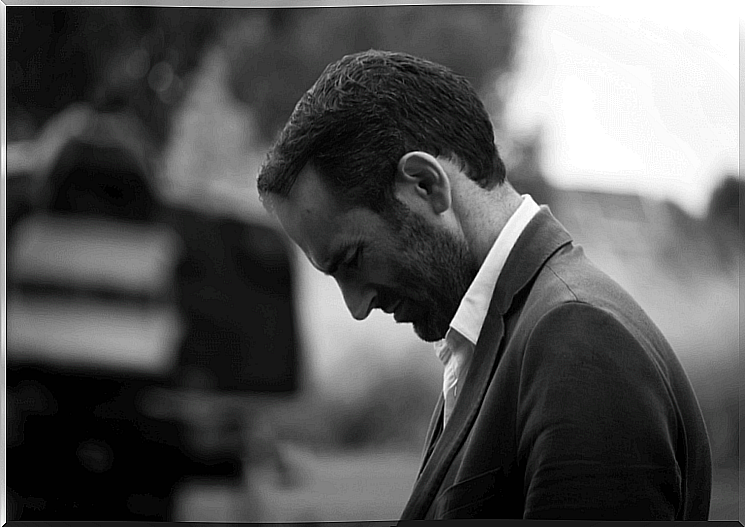
Knowing with humility
This is perhaps one of Ortega y Gasset’s most complicated sentences and one which involves the greatest dose of humility on our part in order to accept it; but it is also one of the wisest. Recognizing our limits, accepting the fact that we know something that represents a drop of water within the immense ocean is essential.
What do we actually know? Whoever believes that he knows everything will not go further because his pride prevents him from doing so. On the other hand, the one who, with humility accepts his ignorance, is ready to take a step towards the continuation of the discoveries of all that surrounds him. As we see, Ortega y Gasset’s sentences are a call to self-reflection and questioning. These are words that must be used if we wish to break the rigidity of our reasoning.



